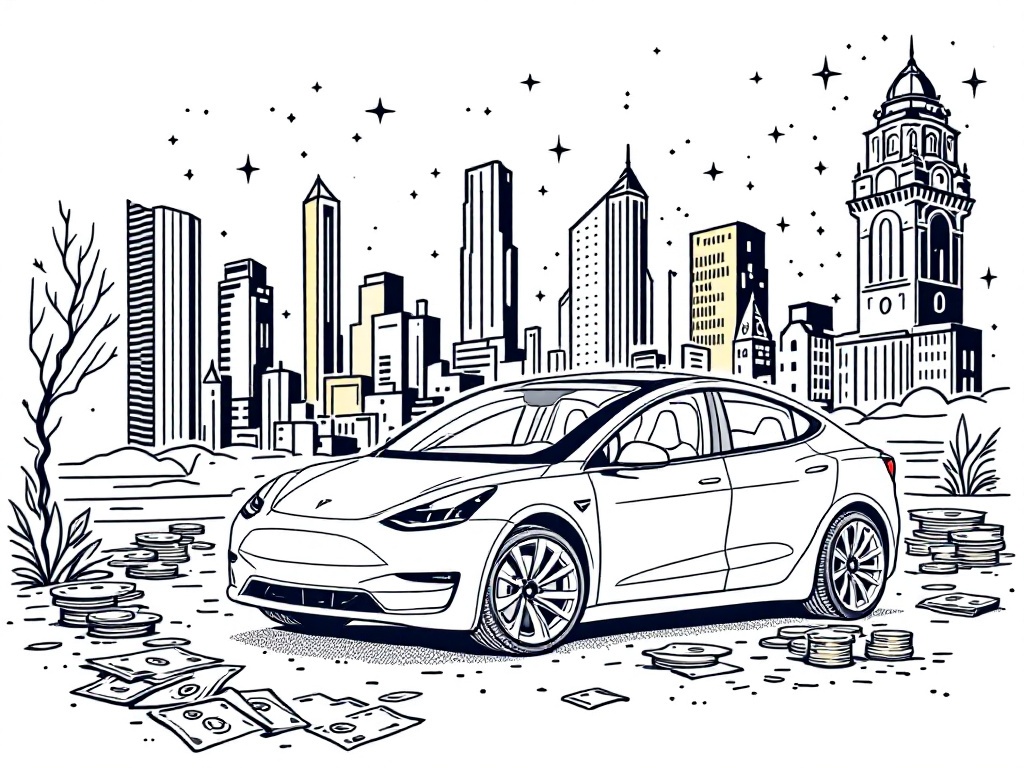Tesla Postpones Cheaper Model Y Launch in the US

Austin, Saturday, 19 April 2025.
Tesla’s launch of a more affordable Model Y in the US is delayed, expected now between late 2025 to early 2026, potentially impacting sales amid brand perception challenges.
Implications of the Delay
Tesla Inc. (NASDAQ: TSLA) has announced the postponement of its anticipated cost-effective Model Y in the United States, a decision that reflects both operational challenges and broader market uncertainties. Initially scheduled for the first half of 2025, the production of this affordable SUV has been pushed back to start between the third quarter of 2025 and early 2026 [1][2]. The delay could further strain Tesla’s market performance as the brand grapples with ongoing image issues partly due to CEO Elon Musk’s controversial political affiliations, notably his associations with former President Trump and certain European politicians [2][3].
Market and Investor Reactions
The deferment has brought mixed reactions from analysts and investors. While some foresee potential declines in Tesla’s sales for 2025 due to reputational damage and the absence of a competitively affordable model, others remain hopeful about the long-term benefits once production stabilizes [4][5]. Revisions to the production timeline have created investor apprehension as they await clarity from Tesla’s upcoming report on April 29, 2025 [6].
Production Strategy and Future Outlook
Tesla aims to produce 250,000 units of the cheaper Model Y by 2026, leveraging its facilities at Gigafactory Texas and the Fremont factory for North American operations [1][2]. This new model is expected to be a stripped-down version, resulting in a 20% reduction in production costs compared to current models [3]. Musk’s strategic pivot to prioritize robotaxi development over a previously promised $25,000 electric vehicle platform further underscores Tesla’s focus on future innovations rather than immediate affordability [7].
Challenges Beyond Production
Tesla’s push for locally sourced components, largely to mitigate the impact of tariffs imposed by former President Trump, signifies the ongoing challenges within the global supply chain [3][6]. These tariffs, including a 25% duty on imported vehicles and parts, have intensified cost pressures, influencing production timelines and strategic pivots towards domestic manufacturing [8]. To alleviate these strains, Tesla has notably ramped up its North American sourcing over recent years [6].
Sources
- nypost.com
- electrek.co
- www.businessinsider.com
- www.barrons.com
- www.gurufocus.com
- www.businesstimes.com.sg
- seekingalpha.com
- www.reddit.com